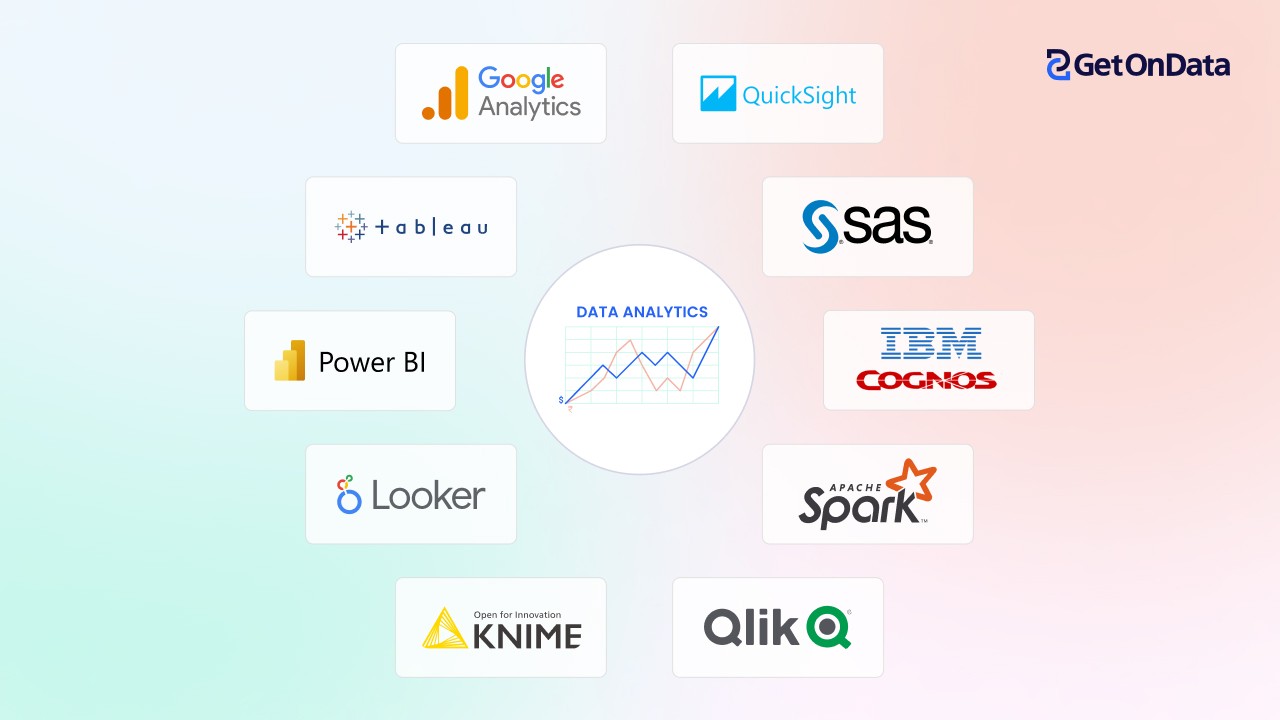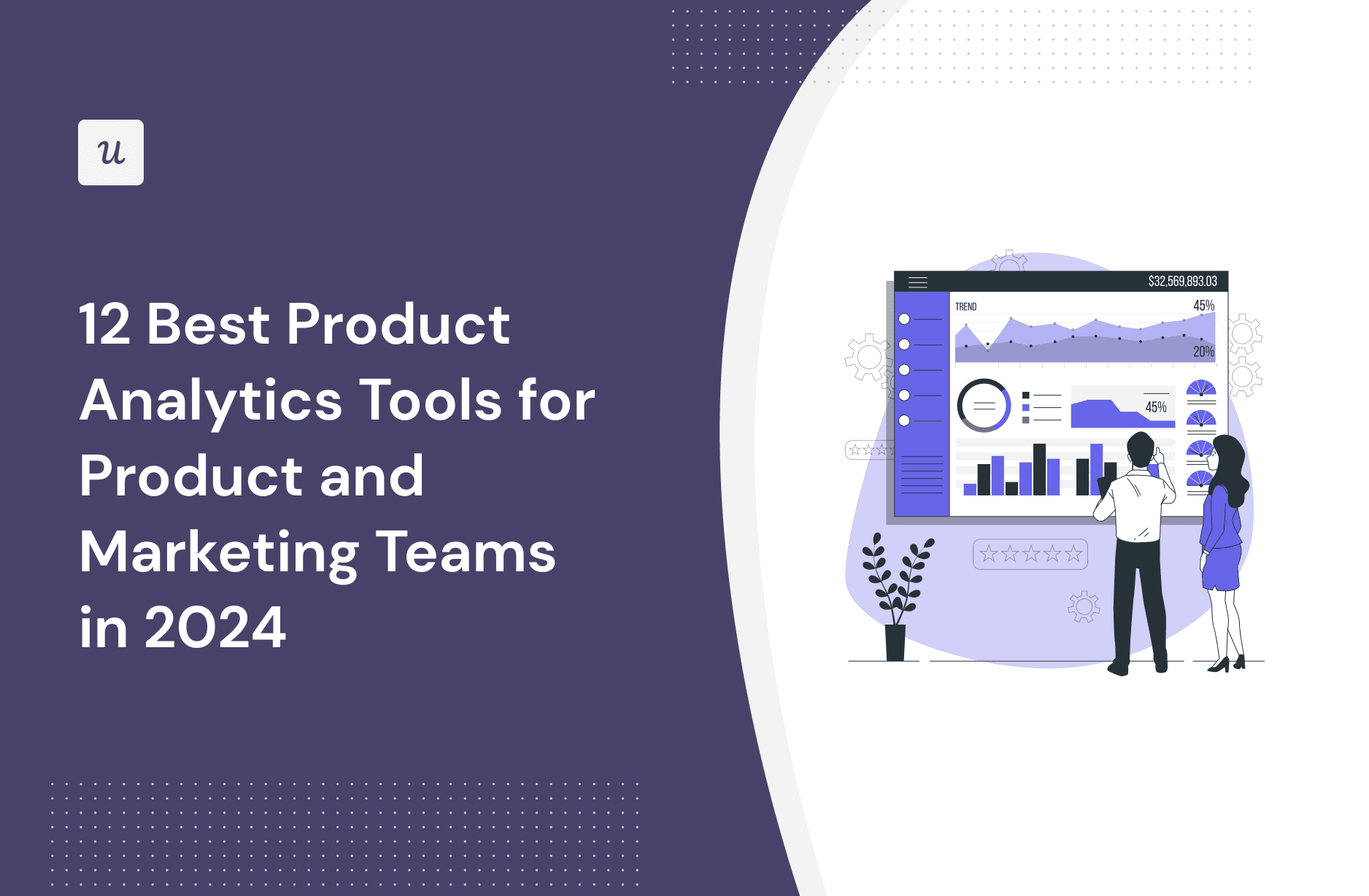Take Advantage Of Predictive Analytics for Future-Ready Choices
Take Advantage Of Predictive Analytics for Future-Ready Choices
Blog Article
Maximize Growth: How Analytics Drive Better Methods
In today's data-driven landscape, companies significantly recognize the crucial duty of analytics in shaping efficient growth methods. By taking advantage of information understandings, businesses can fine-tune their operational methods, expect market adjustments, and boost customer engagement. The difficulty exists not just in accumulating information however in properly interpreting it to drive concrete outcomes. As we discover the vital advantages and approaches connected with analytics, a critical question arises: exactly how can companies ensure they are leveraging these insights to unlock their complete capacity? The answer might redefine the future of tactical preparation.
Comprehending Data Analytics
Data analytics is a systematic computational analysis of information that allows organizations to uncover significant patterns and insights. This procedure incorporates a range of strategies, including analytical evaluation, predictive modeling, and information mining, which collectively intend to transform raw data into workable info - Analytics. By employing these techniques, companies can make enlightened choices that are rooted in empirical proof instead than intuition alone
The foundation of information analytics hinges on its capability to deal with vast quantities of info from diverse sources. This consists of structured data, such as data sources, and disorganized information, consisting of social media sites interactions and consumer responses. Through making use of specialized software and devices, experts can draw out and refine this information efficiently, determining fads and relationships that may not be immediately noticeable.
Understanding information analytics likewise entails recognizing the relevance of data quality and honesty. Trustworthy and exact data is essential for purposeful evaluation; thus, companies have to carry out robust data governance practices. In addition, the repetitive nature of analytics enables continual improvement and enhancement of techniques, making sure that organizations stay agile when faced with altering market characteristics and consumer habits.
Trick Advantages of Analytics

One of the key benefits of analytics is its capability to give workable insights. Organizations can swiftly assess vast amounts of information, uncovering patterns that might not be promptly apparent. This helps in anticipating market shifts and adapting strategies accordingly. In addition, analytics cultivates a culture of evidence-based decision-making, minimizing dependence on intuition and uncertainty.
One more substantial benefit is improved client understanding. Analytics tools make it possible for services to section their target market, track customer behavior, and personalize advertising efforts. This targeted strategy not only boosts client interaction however additionally drives higher conversion rates.

Implementing Analytics Approaches
To totally recognize the advantages of analytics, organizations have to take on structured approaches for execution. This starts with clearly defining goals that line up with wider organization goals. By developing particular, quantifiable results, organizations can focus their analytics initiatives on areas that produce the highest possible return on investment.
Next, organizations must focus on information administration to make certain the honesty and protection of the information being evaluated. This includes establishing methods for data collection, storage, and gain access to while adhering to relevant guidelines. Ensuring high-quality data is critical for producing meaningful understandings.
In addition, promoting a culture of data-driven decision-making is crucial. This calls for training employees to Get More Info analyze analytics findings and encouraging cooperation throughout divisions. When teams understand the worth of analytics, they are most likely to incorporate insights into their daily operations.
Finally, organizations must frequently review and improve their analytics methods. The landscape of information and technology is constantly developing, and staying adaptable will certainly permit companies to utilize new tools and approaches effectively. By applying these organized strategies, organizations can make best use of the impact of their analytics initiatives and drive sustainable development.
Tools for Reliable Evaluation
Reliable evaluation relies upon a range of tools that assist in the extraction of understandings from data - Analytics. These devices can vary from easy spread sheet applications to sophisticated machine learning systems, each serving an one-of-a-kind objective in the logical procedure
Data visualization software application, such as Tableau and Power BI, plays an important function in changing complicated datasets right into easy to understand graphical representations. These devices enable analysts to determine trends and patterns promptly, enabling more educated decision-making.
Analytical evaluation software application, like R and SAS, supplies advanced abilities for carrying out extensive analyses, including regression, hypothesis testing, and predictive modeling - Analytics. These attributes empower organizations to draw significant final thoughts from their data, recognizing possible possibilities and dangers
Furthermore, data source administration systems such as SQL and NoSQL databases give the necessary infrastructure for keeping and querying huge volumes of information efficiently. They ensure that information is arranged and easily accessible for analysis.
Lastly, business intelligence platforms incorporate different information resources, giving a detailed view of organizational efficiency. By making use of these devices successfully, businesses can improve their analytical capacities, allowing them to create techniques that optimize growth and improve general efficiency.
Study of Success
Successful organizations frequently utilize information analytics to drive impactful approaches, as evidenced by numerous significant study. One popular instance is Netflix, which uses sophisticated algorithms to analyze viewer choices and behavior. By utilizing these understandings, Netflix has efficiently tailored its content referrals, causing raised user engagement and customer retention. Their data-driven approach has most certainly added to their condition as a leading streaming service.

Additionally, Starbucks utilizes information analytics to identify optimal store areas and improve its item offerings. By analyzing consumer demographics and acquiring patterns, Starbucks effectively determines high-potential markets and customizes its menu to regional tastes, driving sales and customer loyalty.
These situation studies show that effective usage of information analytics can cause critical benefits, fostering innovation and development within companies across numerous sectors.
Conclusion
In final thought, the integration of analytics into organizational techniques considerably boosts decision-making processes and promotes sustainable growth. By leveraging data-driven insights, services can recognize patterns, anticipate market shifts, and optimize procedures. The efficient implementation of analytics devices further sustains agility and technology, enabling companies to browse affordable landscapes with better precision. Eventually, a dedication to analytics not just drives prompt performance improvements but also secures long-lasting success in an ever-evolving marketplace.
Data analytics is a methodical computational evaluation of data that makes it possible for companies to discover significant patterns and understandings.Comprehending information analytics also includes identifying the significance of data quality and integrity. Trustworthy and exact data is vital for purposeful analysis; thus, organizations need to execute durable information governance techniques.Next, organizations should prioritize information administration to make certain the stability and protection of the data being evaluated.Effective companies commonly leverage information analytics to drive impactful approaches, as evidenced by numerous significant instance researches.
Report this page